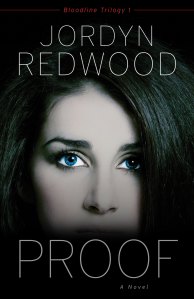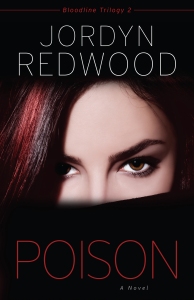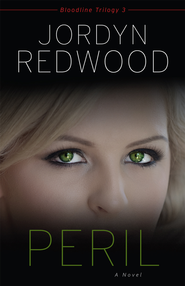The following post comes from WordServe author Cassandra Soars.
The first book I wrote (Love Like Fire: The Story of Heidi Baker) was a ten-year process, from the day I started my research to the day it was published in April 2016. But I’ve recently discovered that writing a book doesn’t have to take that long. When a filmmaker hired me to write a book for him, I discovered some helpful tips for writing a book in draft-form in three months.
- Write what you know. If your project involves a lot of research, do your research first, then put it away. There will always be more to learn, and you will never feel like an expert. At some point, you need to put away the research and write from what you have learned and what you do know. Writing what you know is always easier than writing what you don’t know.
- Don’t try to write and edit at the same time. I have one friend who constantly studies plot and form while she’s writing, and needless to say, her process takes much longer and is much more complicated since she’s always analyzing and second-guessing her first draft. I’ve found that writing and editing are two completely different processes that use different parts of the brain, and it’s best to keep them separate. If you try to edit while you’re writing that first draft, your process will take much longer.
- Don’t be afraid of a bad first draft. A first draft is not going to be your best work. It probably won’t even be good. Don’t worry. Give yourself the freedom and permission to get the story down on the page, no matter how bad you think it is. After you have an entire first draft, then you can start editing. This is where you can make it shine.
- Give yourself deadlines. If you want to write a book in three months, give yourself a daily word count. For a longer book of around 90,000 words, set yourself a daily goal of writing 1500 words a day, 5 days a week. This will give you 30,000 words a month, and within 3 months, you’ll have written your book. For a shorter book of 60,000 words, your daily deadline is a word count of 1,000 words a day, 5 days a week.
- Be consistent. You don’t need to wait until inspiration strikes. If you make it a routine to sit down at your desk daily, even it’s only for an hour, you will find that there is always something that you will feel like writing about. Go with that—and give yourself permission to not follow your writing outline. Write about what you can connect with emotionally that day. Your emotion is transferred through your writing; if you feel it, so will your reader.
The best writing advice I ever got was from a college writing professor who told me that he writes a book by writing one chapter at a time. He showed me his file folders, individually marked by chapters. When he finishes writing one chapter, he puts it away in a file folder, and then starts the next chapter. Take it a chapter at a time. Don’t overwhelm yourself by thinking about the entire book at once.
 Cassandra Soars has published various national magazine articles on a wide range of topics, including life in Mozambique, Africa, where she lived for five years. She has a master of fine arts in creative writing from the University of Pittsburgh. She also earned a master’s degree in international development from the University of London’s prestigious School of Oriental and African Studies. Cassandra and her husband Steve recently founded a social media site for couples called iheartus.com.
Cassandra Soars has published various national magazine articles on a wide range of topics, including life in Mozambique, Africa, where she lived for five years. She has a master of fine arts in creative writing from the University of Pittsburgh. She also earned a master’s degree in international development from the University of London’s prestigious School of Oriental and African Studies. Cassandra and her husband Steve recently founded a social media site for couples called iheartus.com.











